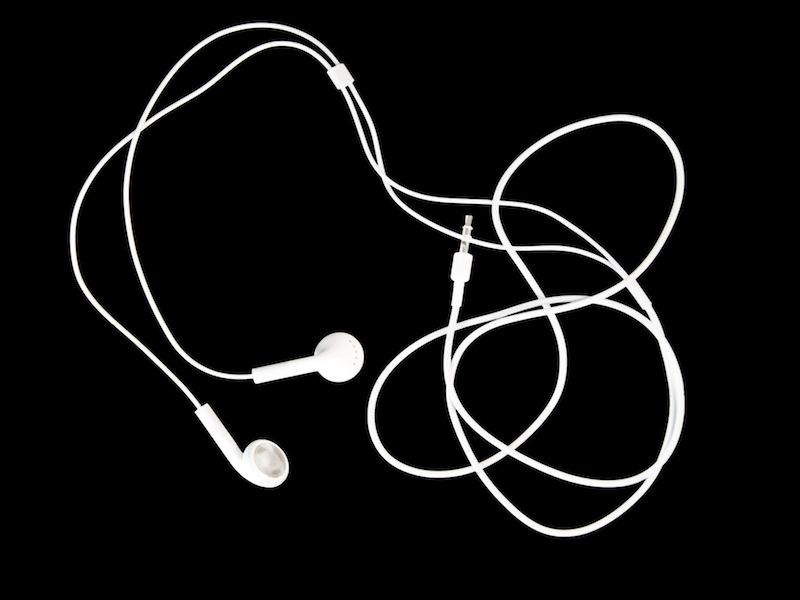
It’s not necessary to feel like your alone if you haven’t had a hearing examination since you were a kid. It isn’t normally part of a routine adult physical and sadly, we tend to deal with hearing reactively instead of proactively. The majority of people ignore hearing loss, even when they are cognizant of it, for as many as seven years which can severely impact your health. As a matter of fact, over time, it’s been proven that your overall health expense will go up if you have untreated hearing loss.
The good news, In order for our hearing specialists to assist you, we recommend a hearing exam which is easy, painless and provides a wealth of information. Both to find out if interventions like hearing aids are helping you and also for diagnosing potential hearing issues. When you were younger, you might remember the audiometry test from school, but a full hearing test will give you a better understanding of your hearing without a sticker or a lollipop.
While you may not give the condition of your hearing as much attention as you would the health of your teeth or your eyes, it is essential that you routinely get your hearing examined. It can be a considerable time before you notice that there is something wrong with your hearing. Loss of hearing usually occurs gradually, and the earlier you recognize an issue with your hearing, the sooner you may be able to fix it.
When Should You Get Tested?
All infants should be tested for hearing loss, and typically, the hospital does that before they are sent home. Teenagers should be screened during routine checkups with their doctors and children should get formal hearing tests at the ages of 4, 5, 6, 8 and 10 years old according to The American Academy of Pediatrics.
It’s recommended that if you are in between the ages of 18 and 49, you have your hearing tested every five years and then, as you get older, more frequently. After you turn 60 you should be tested every two years and if you are in between 46 and 60 every three years. But don’t allow that to stop you. The regularity with which you should get tested will really depend on your unique situation. If you notice your hearing isn’t as good as it used to be, you should have it checked immediately. A number of health problems are associated with untreated hearing loss, like increased chance of falling, cognitive decline, and depression. Your ability to do work effectively and your relationships can also be impacted.
There are also some situations in which you should have a hearing exam as soon as possible to address hearing loss that could get worse. The following scenarios suggest that you need to get a hearing test right away:
- You are experiencing vertigo
- Asking people to repeat themselves is something you have to do constantly
- Your ear was infected, or there was a buildup of earwax
- Your ears have constant ringing in them
- You are unable to hear conversations, particularly when in crowded areas
- Pinpointing where sounds are coming from is difficult
Another consideration is whether you are at a higher risk for hearing loss. You should get your hearing checked more often, as an example, if you are exposed to loud noise or if loss of hearing runs in your family.
There are also over 200 ototoxic medicines. These drugs can be extremely harmful for your hearing and they range from certain antibiotics to aspirin. In order to make certain none of your medications are impacting your ears, check with your doctor. Consider getting your hearing tested more regularly in order to address any loss of hearing immediately if you are using any ototoxic medications.
Also, take into consideration how your habits might be affecting your hearing loss. Are you using earbuds regularly? Hearing loss has significantly increased in younger people, and many experts believe that this is caused by the use of headphones and earbuds. shows, loud concerts, and machinery can also do appreciable damage to your hearing. If you think that it’s time for you to get your hearing tested, schedule an appointment today.
